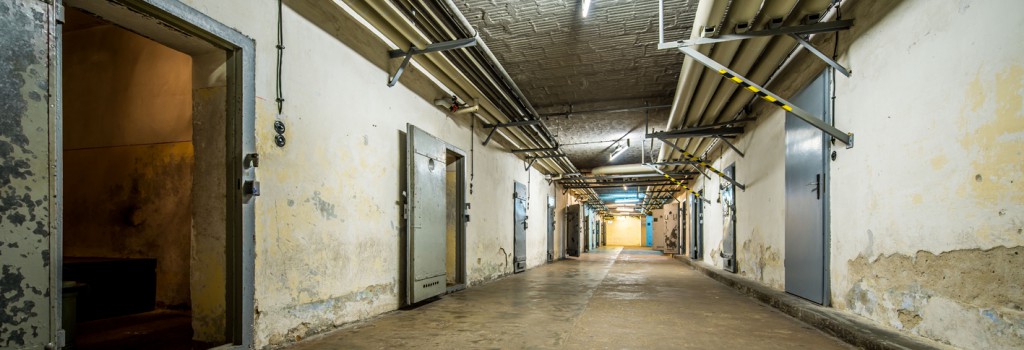Go back

Walter Janka
References
- Janka, W.: Schwierigkeiten mit der Wahrheit (1989)
- Janka, W.: Spuren eines Lebens (1991)
- Janka, W.: Bis zur Verhaftung. Erinnerungen eines deutschen Verlegers (1993)
- Hoeft, Brigitte (Hrsg.): Der Prozess gegen Walter Janka und andere (1990)
- Sieber, Sven: Walter Janka und Wolfgang Harich. Zwei DDR-Intellektuelle im Konflikt mit der Macht. (2008)
Born in 1914 in Chemnitz, Janka worked as a typesetter. After the Nazis had seized power in 1933, he was detained at the Bautzen prison and concentration camp in Sachsenhausen due to his membership of the Communist Party of Germany (KPD). After his expulsion from Germany, he subsided off illegal work in East Prussia (1935/36) and enlisted in the international brigades in the Spanish Civil War from 1936 to 1939. From 1939-41, he was interned in France, wherefrom he finally fled to Mexico with the Communist Party functionary Paul Merker. There, he co-founded the movement and magazine Free Germany. Janka returned to Germany in 1947, where he was an employee at the headquarters of the Socialist Unity Party (SED) and Director General of the East German Film AG (DEFA). In 1951, he joined the Aufbau Publishing House and in 1952 became its director.
As director, he had contact with leading German intellectuals such as Thomas Mann, Bertolt Brecht and Anna Seghers. As part of the "thaw" in the Soviet Union in 1956, Janka was involved in the so-called “Sunday Circle,” which involved discussions about a fundamental reform of socialism in the GDR. At the end of 1956, he was arrested by the Ministry for State Security and was taken to the prison Berlin-Hohenschönhausen. He was interrogated there for over half a year. Finally in the summer of 1957, the Supreme Court of the GDR condemned him to five years' imprisonment for "organizing a counterrevolutionary group." He was then transferred to the prison Bautzen II, where he became seriously ill. International protests in 1960 resulted in his early release. After two years of unemployment, he worked as the artistic director of the DEFA studios from 1962 to 1972. Despite his readmission to the SED, he remained under surveillance by the Stasi. In October 1989, he published parts of his memoirs in West Germany.
After the peaceful revolution in East Germany, Janka was granted pardon. In 1990, he was a member of the Council of Elders (“Rat der Alten”) of the PDS party, which he soon thereafter left disappointedly. Janka died in Kleinmachnow near Berlin in 1994.

